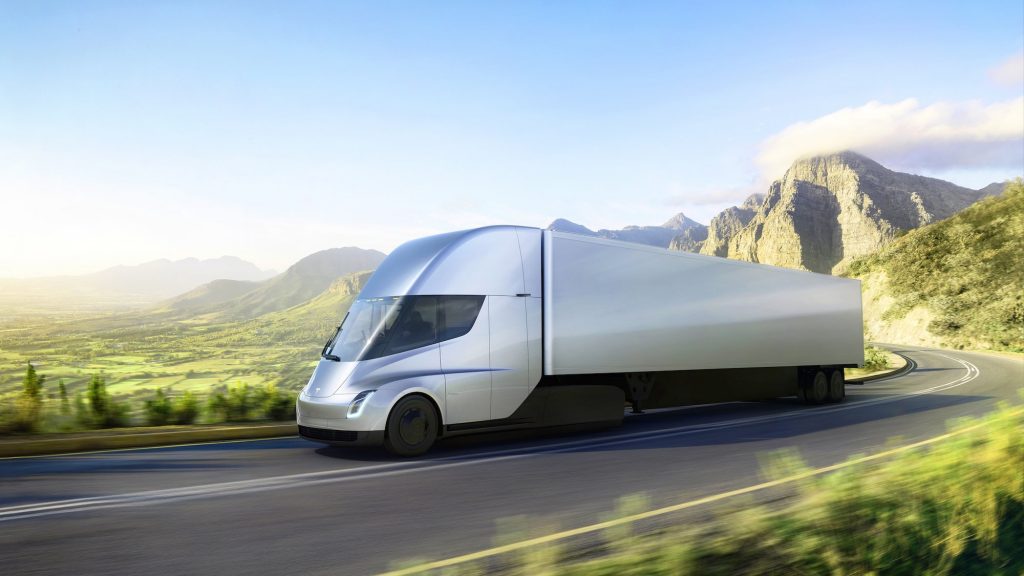A few days after Anheuser-Busch, a U.S. -based brewing company, made the largest preorder of Teslas all-electric Semi trucks, PepsiCo swooped in with the new top order. According to Reuters, the soda and snack giant has reserved 100 Semi trucks in a bid to reduce fleet emissions and cut down on fuel costs.
Each reservation requires a $20,000 deposit, making the grand total price of the deal around $2mn. The trucks would only represent a fraction of PepsiCos 10,000-vehicle fleet, but a company executive told Reuters the Semis would be put to use for short-haul deliveries.
PepsiCo intends to deploy Tesla Semis for shipments of snack foods and beverages between manufacturing and distribution facilities and direct to retailers within the 800km range promised by Tesla chief executive Elon Musk.
The Semi trucks will complement PepsiCos U.S. fleet of nearly 10,000 big rigs and are a key part of its plan to reduce greenhouse gas emissions across its supply chain by a total of at least 20 percent by 2030, said Mike OConnell, the senior director of North American supply chain for PepsiCo subsidiary Frito-Lay.
PepsiCo is analysing what routes are best for its Tesla trucks in North America but sees a wide range of uses for lighter loads like snacks or shorter shipments of heavier beverages, OConnell said.
Since it was unveiled last month, Tesla has racked up a fair number of preorders from several big-name players in shipping and logistics. The day after the announcement, Walmart said it had preordered 15 trucks, while JB Hunt Transport Services said it had reserved multiple new Tesla trucks as well. In the weeks that followed, others lined up to put their deposit down, including Ryder, DHL, and Canadian supermarket chain Loblaw.
As a recent Digital Journal argues, new battery technology will be needed for Tesla to keep its promises. Tesla’s trucks still will not have the driving range of diesel trucks and will no doubt first be used on shorter routes. Taking an innovative approach, Tesla has done away with any passenger seats in the truck; the driver sits in the middle allowing the truck to have a more aerodynamic shape.
Tesla claims the truck can accelerate from 0 to 60 miles an hour in just 20 seconds even with a full load. The company claims there will be shorter delivery times and savings for the trucking company.
Trucking companies will be watching closely the results of the pilot projects. However, they may have to wait a considerable time before they can make their first observations.




